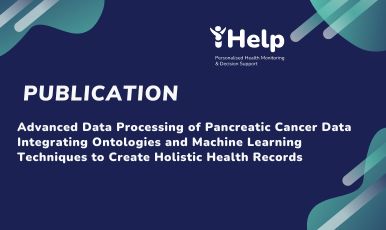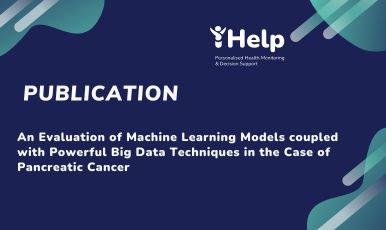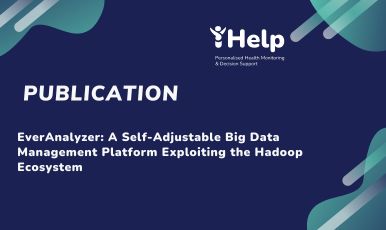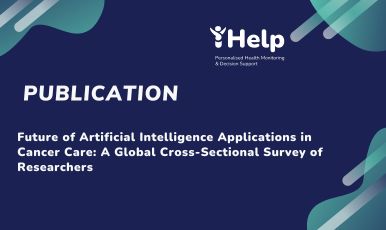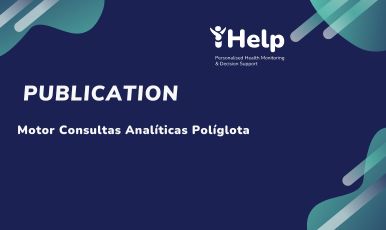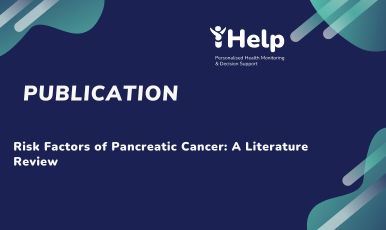SOURCE: Article in Journal – Sensors; MDPI, Published: 7 March 2024
Advanced Data Processing of Pancreatic Cancer Data Integrating Ontologies and Machine Learning Techniques to Create Holistic Health Records
by George Manias1,*, Ainhoa Azqueta-Alzúaz2, Athanasios Dalianis3, Jacob Griffiths4, Maritini Kalogerini3, Konstantina Kostopoulou5, Eleftheria Kouremenou1, Pavlos Kranas6, Sofoklis Kyriazakos5, Danae Lekka5, Fabio Melillo7, Marta Patiño-Martinez2, Oscar Garcia-Perales4, Aristodemos Pnevmatikakis5, Salvador Garcia Torrens8, Usman Wajid4 and Dimosthenis Kyriazis1
Abstract
The modern healthcare landscape is overwhelmed by data derived from heterogeneous IoT data sources and Electronic Health Record (EHR) systems. Based on the advancements in data science and Machine Learning (ML), an improved ability to integrate and process the so-called primary and secondary data fosters the provision of real-time and personalized decisions. In that direction, an innovative mechanism for processing and integrating health-related data is introduced in this article. It describes the details of the mechanism and its internal subcomponents and workflows, together with the results from its utilization, validation, and evaluation in a real-world scenario. It also highlights the potential derived from the integration of primary and secondary data into Holistic Health Records (HHRs) and from the utilization of advanced ML-based and Semantic Web techniques to improve the quality, reliability, and interoperability of the examined data. The viability of this approach is evaluated through heterogeneous healthcare datasets pertaining to personalized risk identification and monitoring related to pancreatic cancer. The key outcomes and innovations of this mechanism are the introduction of the HHRs, which facilitate the capturing of all health determinants in a harmonized way, and a holistic data ingestion mechanism for advanced data processing and analysis.

